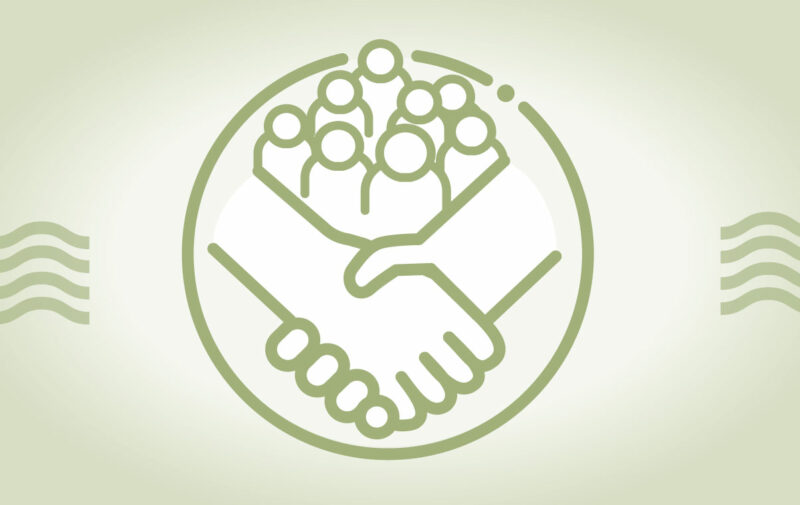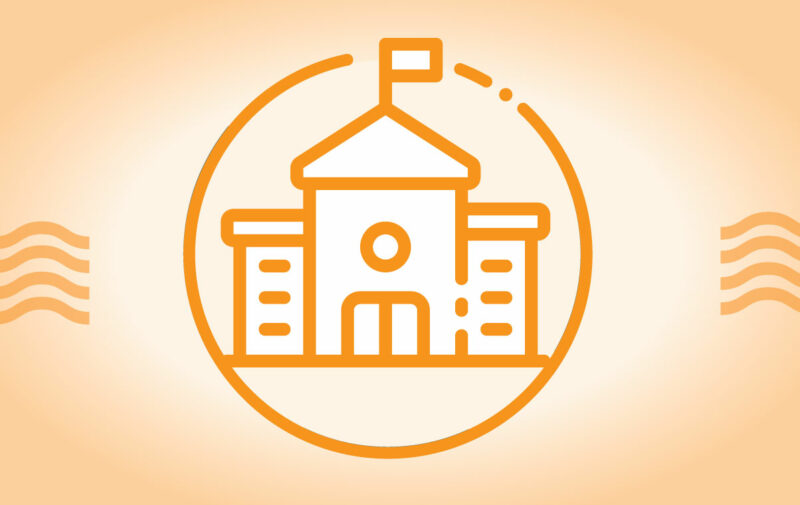
Community Catalyst Grant
Community Health Workers: Working To Increase Knowledge on Mental Health and Nutrition for Post-partum Latina Moms During Home Visits
Year Awarded:
2017

Community Catalyst Grant
Increasing Access to Quality Healthcare in Correctional Settings by Expanding Health Workforce Capacity
Year Awarded:
2017
Most healthcare education/training programs, including those at medical and pharmacy schools, do not offer courses that specifically focus on health challenges related to mass incarceration. Criminal justice system involvement is heavily stigmatized, which negatively impacts desire to interact with or gain a deeper understanding of current or formerly incarcerated individuals.
This project focused on reducing the stigma students may have by providing the opportunity to hear directly from formerly incarcerated individuals. The grantees assembled a cross-campus multidisciplinary class on correctional healthcare that provides an overview of the complicated criminal justice system and matches future graduates to mentors delivering healthcare to inmates. The well-received course resulted in students considering how they might adapt their careers to address the specific health challenges presented in our criminal justice system. As a result, the course Medicine 809-Intersection of Health Care and Incarceration will be offered each spring and is open to medical, nursing, pharmacy, and PA students.

Community Catalyst Grant
Working Together to Eliminate Health Inequities and Disparities
Year Awarded:
2017
This project will complete the development of the online resource of free and subsidized healthcare and social services. The resource is designed to support the area’s most vulnerable and marginalized residents and connect them with the care and services they need by identifying nearby organizations that are able to provide care and services in real time.

Community Opportunity Grant
Increasing Access To Nutritious Food Through Summer Food Service Programming
Year Awarded:
2016
Nearly 1 in 5 children lack access to nutritious food in Dane County, a number that is nearly double the statewide rate and indicates the high need for food access interventions. Children are at an increased risk for learning loss and food insecurity during the summer months, especially low-income youth and youth of color. Summer programming that combines enrichment with good nutrition can help address these issues. The REAP Summer Food Service Program (SFSP) Expansion initiative was designed to implement and evaluate best practices for increasing participation in the SFSP. REAP is applying critical analysis to its past implementation and evaluation activities to ensure that it can continue to offer fun, interactive, substantive educational activities during the summer school break that will reach as many food-insecure youth as possible.
Evaluation results showed an overwhelmingly positive response to the program among both adults and children. Public awareness, families fed, and locally-sourced produce increased across the city through marketing and promotion efforts that REAP coordinated, which will be funded in part by the City of Madison moving forward. This project led to significant outcomes that demonstrated a potentially replicable model based on best practices for summer food programming and solid recommendations to further strengthen outcomes of this program.

Community Opportunity Grant
Every Student, Every Day Program
Year Awarded:
2016
The West Allis West Milwaukee School District determined that it needed to address and improve its rate of chronic absenteeism in order to improve both academic achievement and health outcomes.
The project’s results suggest specific interventions and policy and procedure changes that may help improve chronic absenteeism at the elementary school level.

Community Opportunity Grant
Door County’s Partnership Program to Enhance School Readiness for Children
Year Awarded:
2016
Educators and public health officials in Door County recognized the growing need to better prepare children with the necessary social skills to be successful in school.
The project results suggest that a uniform evidence-based educational program designed for schools and community settings could help teachers, parents and caregivers improve children’s social, emotional and problem-solving skills, thereby increasing readiness for school and learning.

Community Opportunity Grant
United Way of Dane County: Smart Meds Program
Year Awarded:
2016
The Smart Meds program uses a Comprehensive Medication Reviews (CMR) to help low income, at risk older adults with chronic health conditions and complex medication regimens in managing their medications safely, in order to reduce adverse drug events and falls that lead to hospitalizations and emergency room visits.
This project supported the implementation and evaluation of Smart Meds in pharmacy clinic-based sites within a large local health system. Results, including a decrease in hospital readmission rates for Smart Meds participants, suggest that implementing CMRs into clinical workflow is an effective way to support older adults’ medication management needs.

Community Opportunity Grant
LIFE Foundation Community Opportunity
Year Awarded:
2015
The community of Cross Plains, Wisconsin determined that it needed to promote nutrition and physical activity in order to address this small, rural community’s troubling obesity rate.
The project’s results suggest that strategic and organized social support networks as well as community gardens promoted across community, childcare and senior settings are both effective ways to engage residents in activities that improve nutrition and increase physical activity.

Community Opportunity Grant
Jackson County Drug Free Communities Initiative
Year Awarded:
2015
Jackson County recognized that it needed to provide a public health approach to address the misuse and abuse of prescription and illegal injectable drugs occurring within its community.
The project’s diverse range of efforts and results suggest that collaborating across sectors and implementing targeted resources and education are effective ways to create sustainable change and improvement in addressing drug misuse and abuse.

Community Catalyst Grant
Straight Forward: The Truth About Addiction
Year Awarded:
2017
Through this project, Wisconsin middle and high schools showed the film titled Straight Forward: The Truth About Addiction and developed and used the accompanying curriculum. The project’s ultimate goal was to create awareness about Wisconsin’s addiction crisis and empower young people and their families with information and inspiration to live sober and successful lives.
WisconsinEye staff presented the film to more than 12,000 students statewide in all-school assemblies, and thousands of students were engaged in post-film conversations with addiction prevention specialists. Lesson plans and complimentary video materials were created and packaged around the film for further learning. In addition, the film was viewed directly off the WisconsinEye website more than 3,500 times.